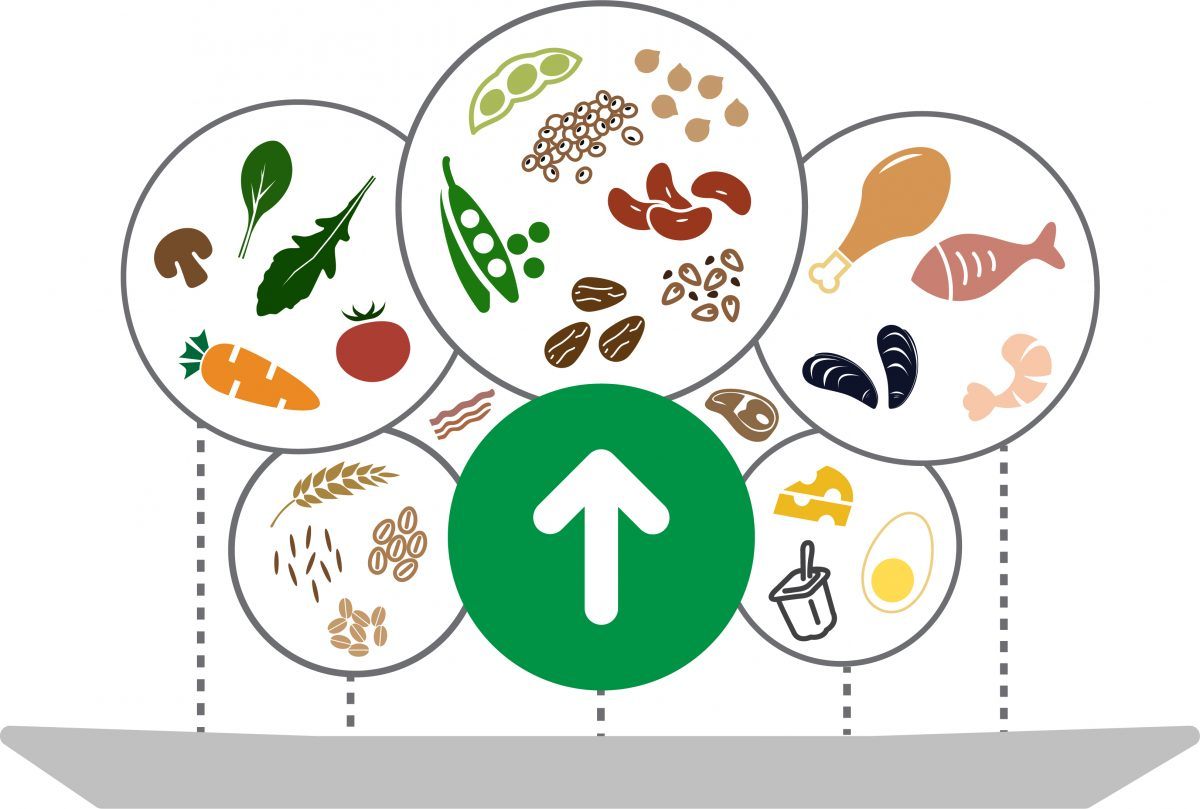You’ve probably heard that eating too much red and processed meat is associated with a range of adverse health effects, including increased risk of heart disease, stroke, type 2 diabetes, some cancers, and even a higher risk of dying early. You may have also heard that producing dairy and red meat (particularly beef, lamb, and goat) stand out for their disproportionate impact on our planet’s health as well.
It’s clear that reducing red meat in our diets can improve our own health and the health of the planet. However, if you’ve grown up (or have grown accustomed to) having beef, pork, and other red meats on your plate at most meals—such a change may seem daunting. But you don’t have to completely cut it out to make a difference; even a partial shift away from a meat-centered diet can be a step in the right direction.
If you’re not quite sure where to start, here are four key approaches to cutting back the red meat while keeping your meals filling and flavorful. Simply find your “starting point” and move forward with the strategies that work for you.
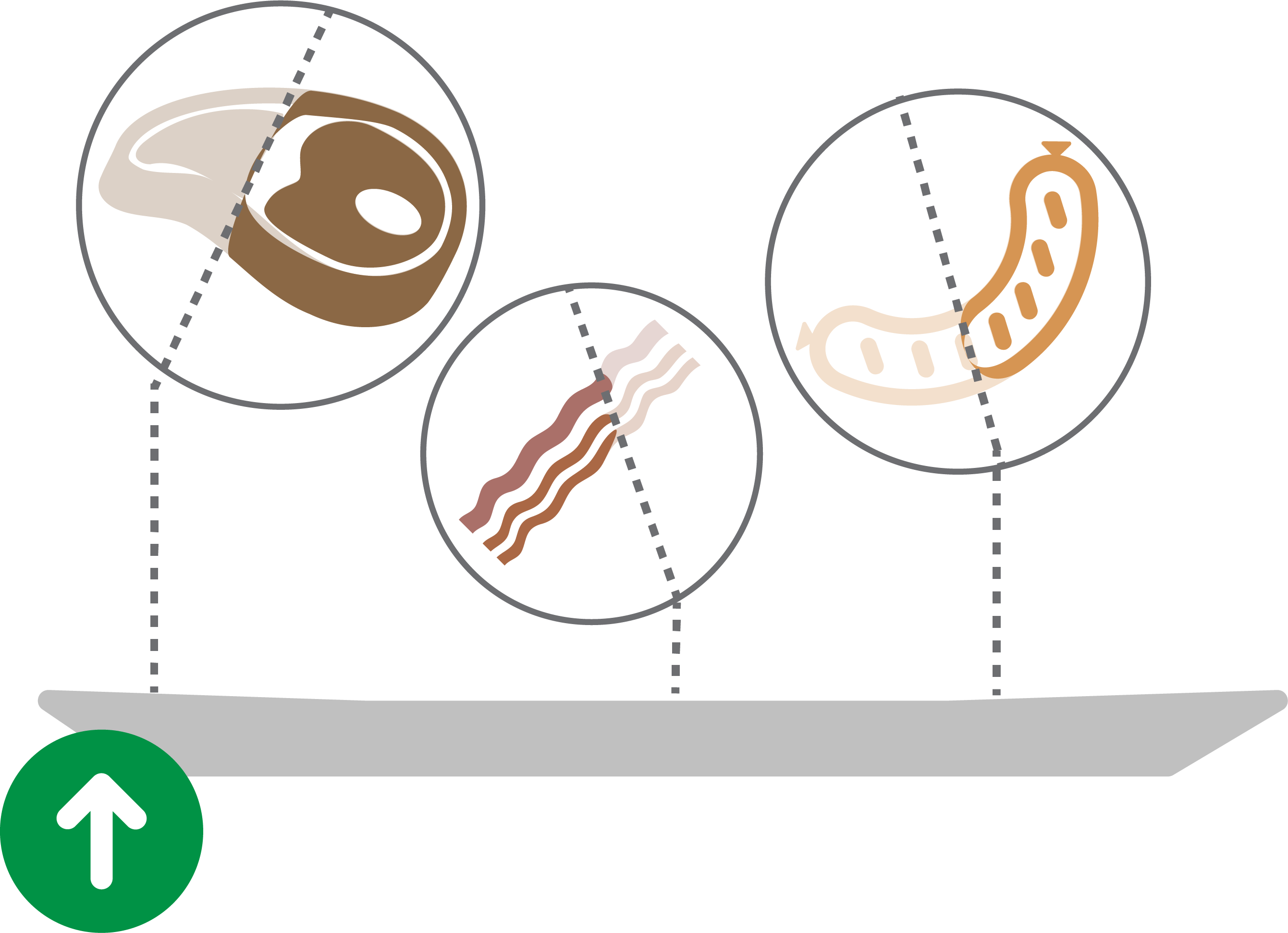
Eat a little less red meat, any way you can
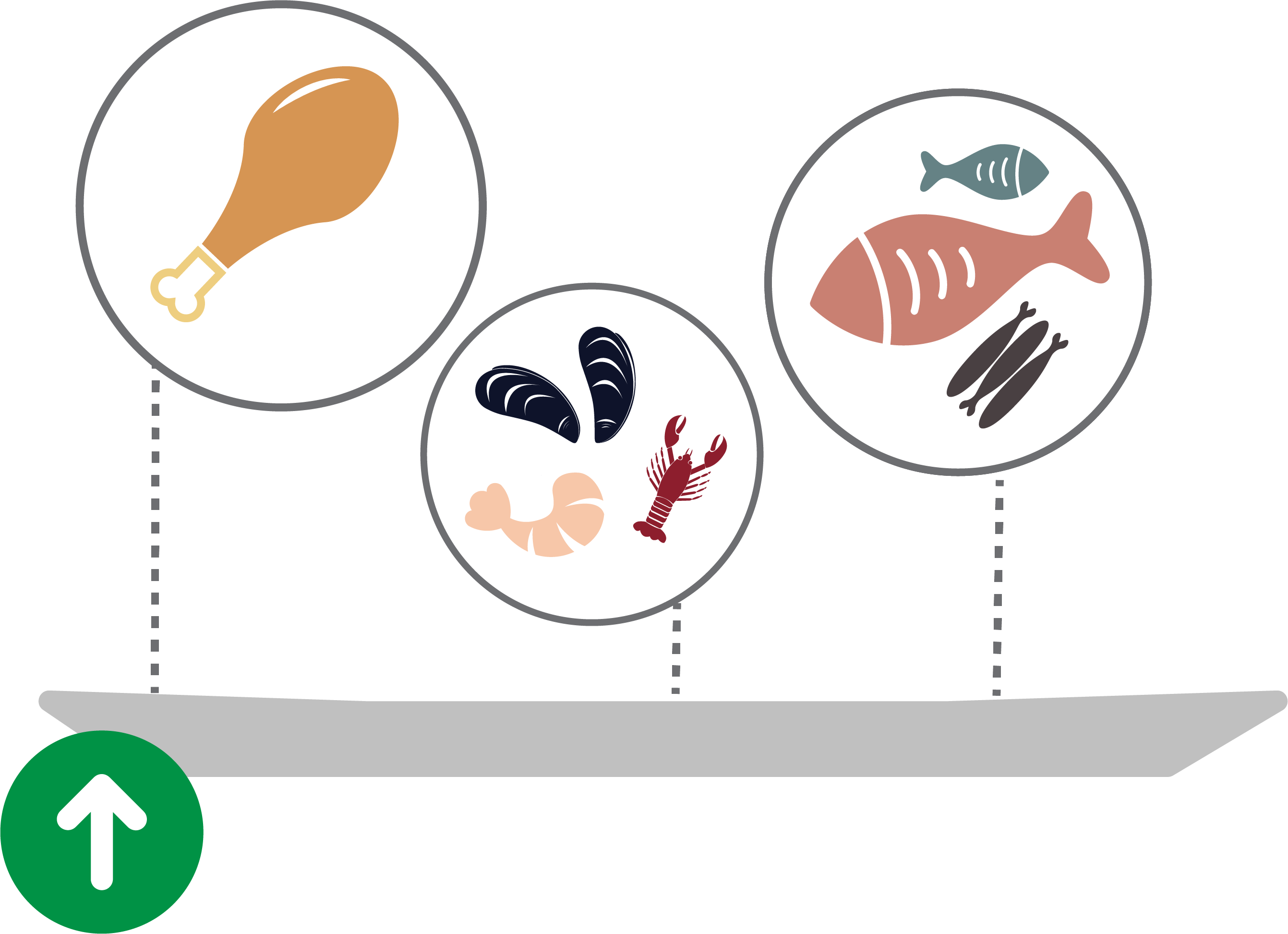
Swap out red meat for healthier meats
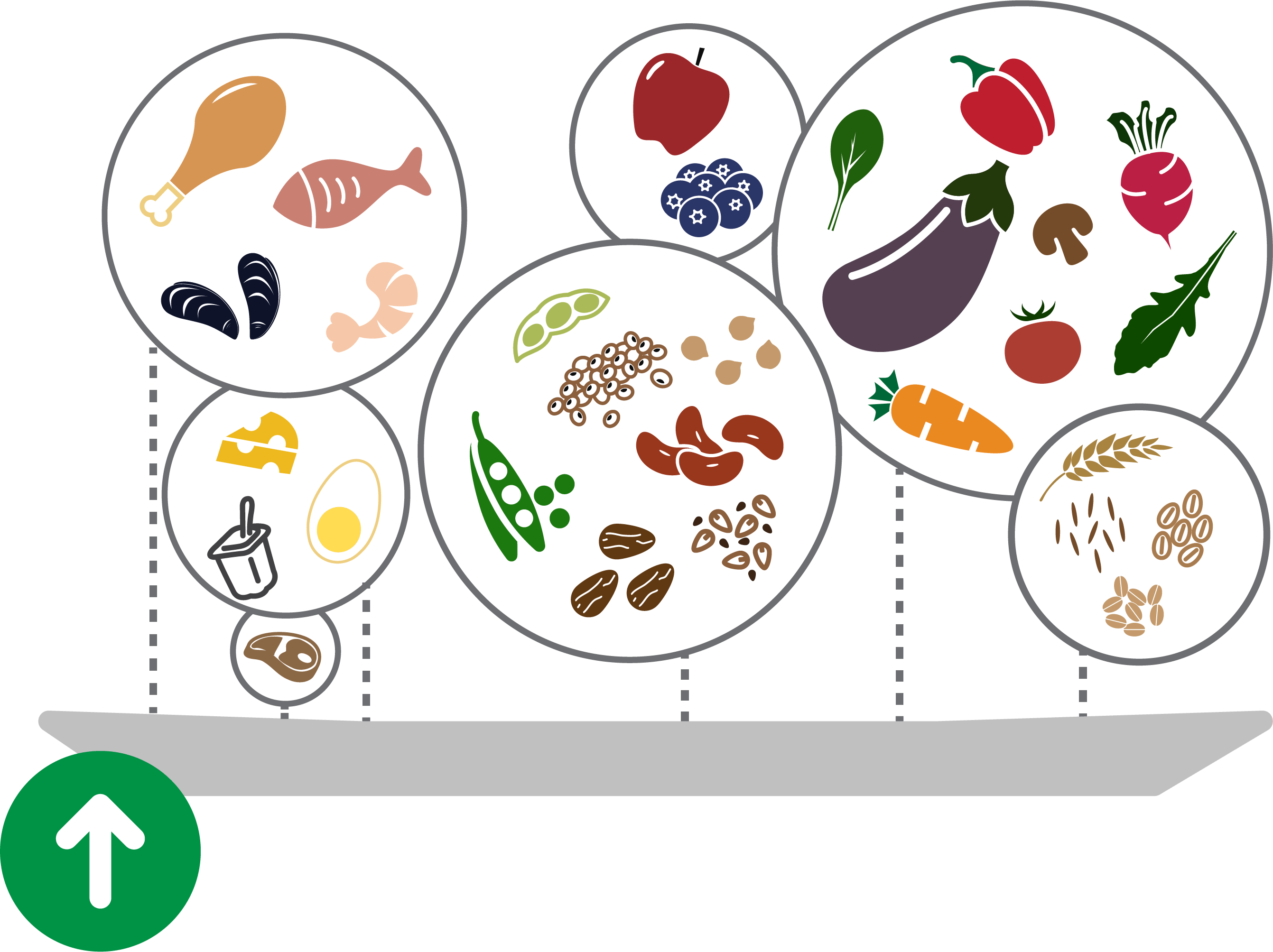
Consume less meat, enjoy more variety
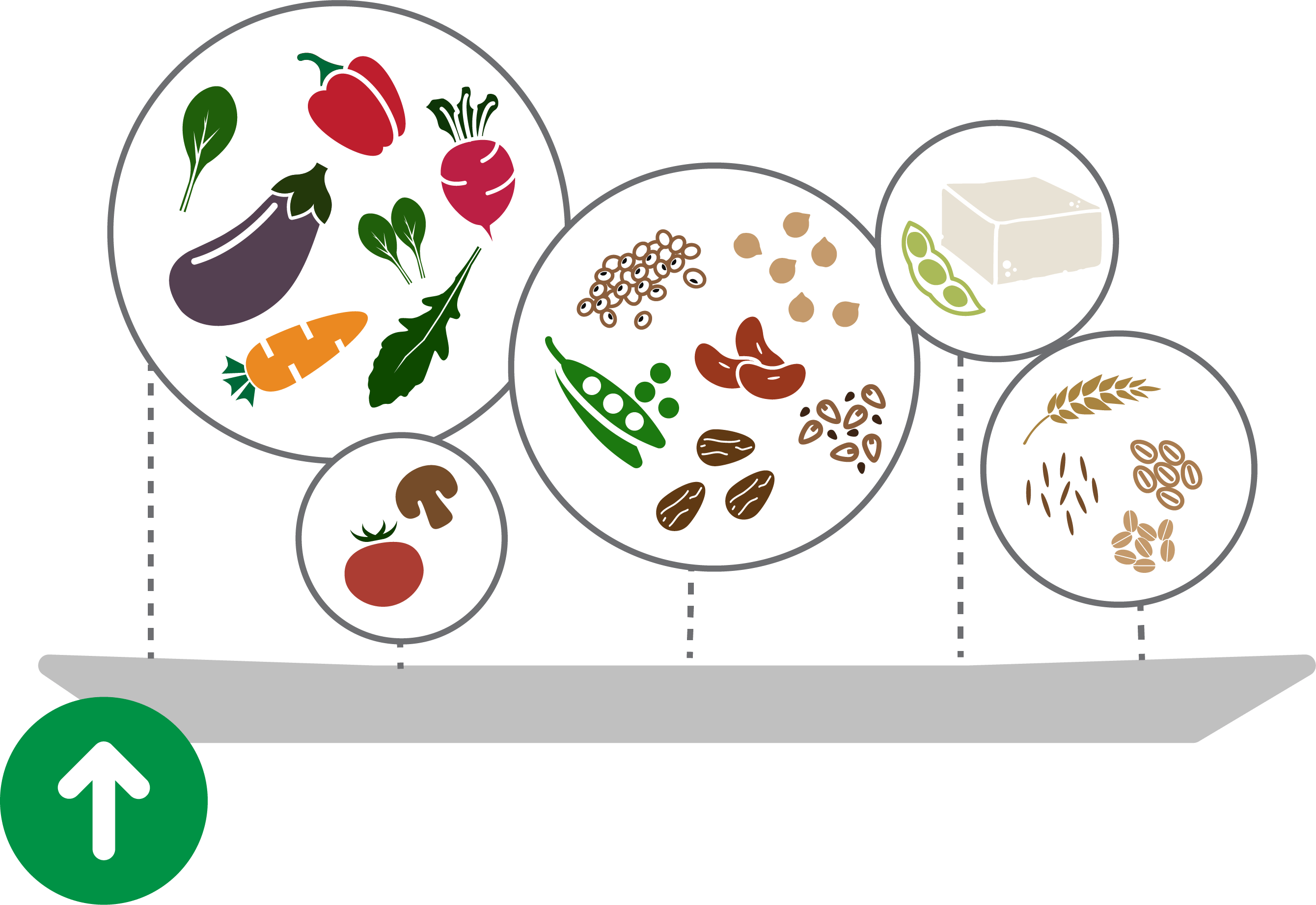
Prioritize hearty and savory plant-based preparations
Terms of Use
The contents of this website are for educational purposes and are not intended to offer personal medical advice. You should seek the advice of your physician or other qualified health provider with any questions you may have regarding a medical condition. Never disregard professional medical advice or delay in seeking it because of something you have read on this website. The Nutrition Source does not recommend or endorse any products.
